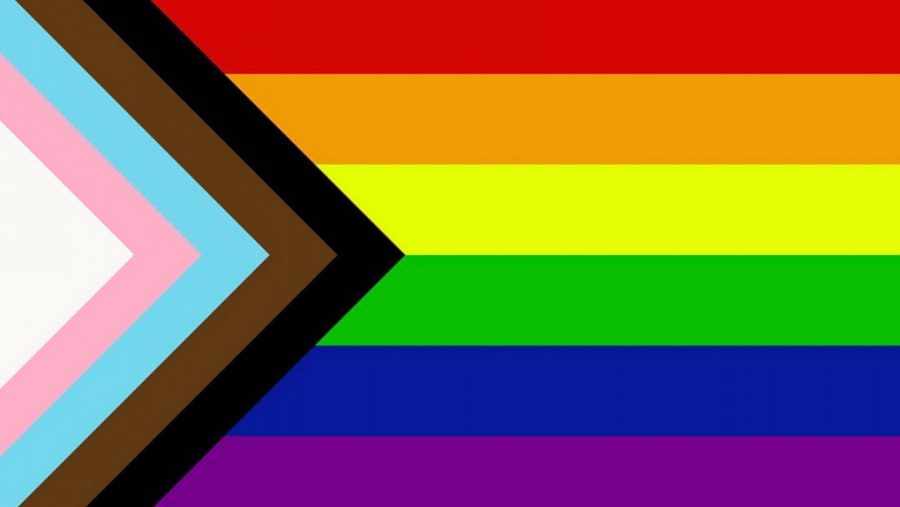Normalizing differences in 2020
Nov 13, 2020
Most people live in a bubble of obliviousness; they are so used to what is considered normal, that when others try to make accommodations for their situations, they are seen as weird, unusual—impractical even. In the past ten months, there has been a rise in people speaking about social awareness, whether it be for the deaf community, the LTBTQ+ community, the handicapped community, or mental health.
Many people are used to not having to accommodate for their circumstances or others’ circumstances. Some even live so comfortably in their own space, that they begin to lack empathy for others or understand why others need accommodations because they feel as if it is unnecessary or ‘special treatment’.
In some theaters, closed captions are an option for the hard of hearing, the deaf, people who have English as their second language and others who find having closed captions useful. Many, whom none of these circumstances apply to, find closed captions irritating simply because they do not want to read lines. This is a constant struggle for people who do find closed captions useful because they are often overlooked to appease the public. Movie theaters have even turned closed captions off due to several complaints from people who thought them to be unnecessary.
For transgender people, being misgendered or being called by their dead name is a constant struggle. By not correcting yourself after the first few times, you are disregarding their true identity. While putting their pronouns in their social media does help, it can make them feel somewhat singled out, which is why cis-gendered individuals including the pronouns they identify as in their social media or Zoom name can help normalize it, which in turn, helps transgender people feel less singled out.
Other people who are part of the LGBTQ+ community face a lot of disrespect as well. Gay couples often find themselves banned from some restaurants or other public places because others claim that it makes them or other customers feel uncomfortable or it is against someone’s religion. Asexual and aromantic people face the hardships of people calling their identity unreal and claim that the person just has not found the right person yet.
Not only is the LGBTQ+ community receive disrespect, but the handicapped community faces its own discrimination as well. Words such as the r-slur and making fun of something that they cannot change or control is a constant struggle. People who need assistance with walking or moving around often face the lack of access to certain buildings with steep and numerous stares without a wheelchair accessible ramp being one of the main problems. Some people also face handicaps that are not always visible to the human eye, so they often face being overlooked or backlash when parking in a handicapped parking spot.
Mental health is still somewhat of a taboo subject in everyday life. Especially in times like this, students, teachers and others alike need to be aware of the mental health of others. For some students, they do not have the energy to complete assignments or projects on time. Despite some students thriving with online learning, the isolation, increased amount of work, conflicts at home and other associated effects has a severe toll on others. The misconception with mental health is that it is not a “just think about something happy,” or “just sleep on it,” matter, it makes some not care to attend classes for the day, not want to leave bed, not eat or become unmotivated to work on schoolwork unless pestered by their teachers or parents.
Having empathy for others is an essential life skill. Being more mindful of the situation of others and their identity leads towards a healthier environment for everyone and makes others feel validated.

